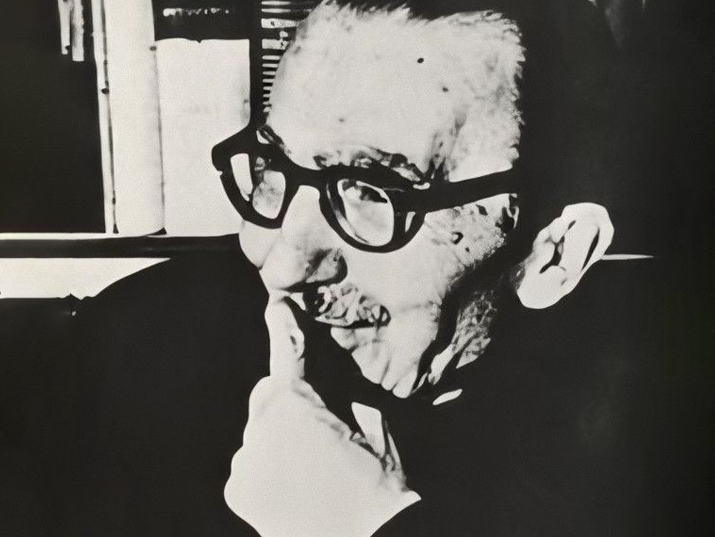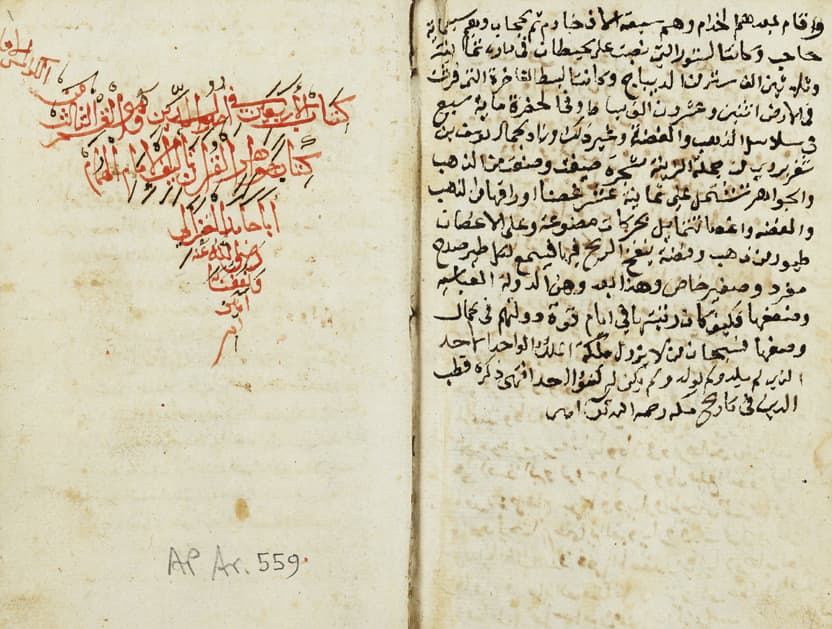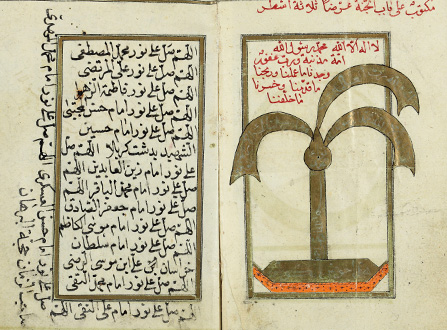MOOCs and Their Afterlives
لتكبير النص لتصغير النص- كتاب
A trio of headlines in the Chronicle of Higher Education seem to say it all: in 2013, "A Bold Move Toward MOOCs Sends Shock Waves;" in 2014, "Doubts About MOOCs Continue to Rise," and in 2015, "The MOOC Hype Fades." At the beginning of the 2010s, MOOCs, or Massive Open Online Courses, seemed poised to completely revolutionize higher education. But now, just a few years into the revolution, educators' enthusiasm seems to have cooled. As advocates and critics try to make sense of the rise and fall of these courses, both groups are united by one question: Where do we go from here? Elizabeth Losh has gathered experts from across disciplines-education, rhetoric, philosophy, literary studies, history, computer science, and journalism-to tease out lessons and chart a course into the future of open, online education. Instructors talk about what worked and what didn't. Students share their experiences as participants. And scholars consider the ethics of this education. The collection goes beyond MOOCs to cover variants such as hybrid or blended courses, SPOCs (Small Personalized Online Courses), and DOCCs (Distributed Open Collaborative Course). Together, these essays provide a unique, even-handed look at the MOOC movement and will serve as a thoughtful guide to those shaping the next steps for open education.
| العنوان |
MOOCs and Their Afterlives : Experiments in Scale and Access in Higher Education / Elizabeth Losh. |
|---|---|
| الناشر |
Chicago : University of Chicago Press |
| تاريخ الإصدار |
[2017] |
| ملاحظات |
Includes bibliographical references at the end of each chapters and index. In English. |
| رقم الرف |
Frontmatter -- Contents -- Acknowledgments -- Introduction / Losh, Elizabeth -- Part One. Data-Driven Education -- 1. Beyond Hype, Hyperbole, Myths, and Paradoxes: Scaling Up Participatory Learning and Assessment in a Big Open Online Course / Hickey, Daniel T. / Uttamchandani, Suraj L. -- 2. Can MOOCs and SPOCs Help Scale Residential Education While Maintaining High Quality? / Fox, Armando -- 3. Measuring the Impact of a MOOC Experience / Youngman, Owen R. -- Part Two. Connected Learning -- 4. Connecting Learning: What I Learned from Teaching a Meta-MOOC / Davidson, Cathy N. -- 5. Toward Peerogy / Rheingold, Howard -- 6. The Learning Cliff: Peer Learning in a Time of Rapid Change / Worth, Jonathan -- 7. Reimagining Learning in CLMOOC / Zamora, Mia -- Part Three. Openness and Critical Pedagogy -- 8. Feminist Pedagogy in the Digital Age: Experimenting between MOOCs and DOCCs / Koh, Adeline -- 9. Epistemologies of Doing: Engaging Online Learning through Feminist Pedagogy / Gajjala, Radhika / Behrmann, Erika M. / Birzescu, Anca / Corbett, Andrew / Bondor, Kayleigh Frances -- 10. Haven't You Ever Heard of Tumblr? FemTechNet's Distributed Open Collaborative Course (DOCC), Pedagogical Publics, and Classroom Incivility / Rault, Jasmine / Cowan, T. L. -- 11. Open Education as Resistance: MOOCs and Critical Digital Pedagogy / Morris, Sean Michael / Stommel, Jesse -- 12. Opening Education, Linking to Communities: The #InQ13 Collective's Participatory Open Online Course (POOC) in East Harlem / Daniels, Jessie / Thistlethwaite, Polly / Smith-Cruz, Shawn(ta) -- Part Four. The Pathos of the MOOC Moment -- 13. Digital Universalism and MOOC Affects / Losh, Elizabeth -- 14. The Prospects and Regrets of an EdTech Gold Rush / Reid, Alex -- 15. Always Alone and Together: Three of My MOOC Student Discussion and Participation Experiences / Krause, Steven D. -- Part Five. MOOC Critiques -- 16. The Open Letter to Michael Sandel and Some Thoughts about Outsourced Online Teaching -- 17. The Secret Lives of MOOCs / Bogost, Ian -- 18. MOOCs, Second Life, and the White Man's Burden / Vaidhyanathan, Siva -- 19. Putting the "C" in MOOC: Of Crises, Critique, and Criticality in Higher Education / Shah, Nishant -- Contributors -- Index |
| الشكل |
1 online resource (339 pages) : illustrations |
| اللغة |
الانكليزية |
| تأريخ حقوق الملكية الفكرية |
©2017 |
| رقم النظام |
997012410387105171 |
MARC RECORDS
أتعرفون المزيد عن هذا العنصر؟ وجدتم خطأ ما؟

 سجل الدخول باستخدام غوغل
سجل الدخول باستخدام غوغل
 تسجيل الدخول باستخدام فاسيبوك
تسجيل الدخول باستخدام فاسيبوك



